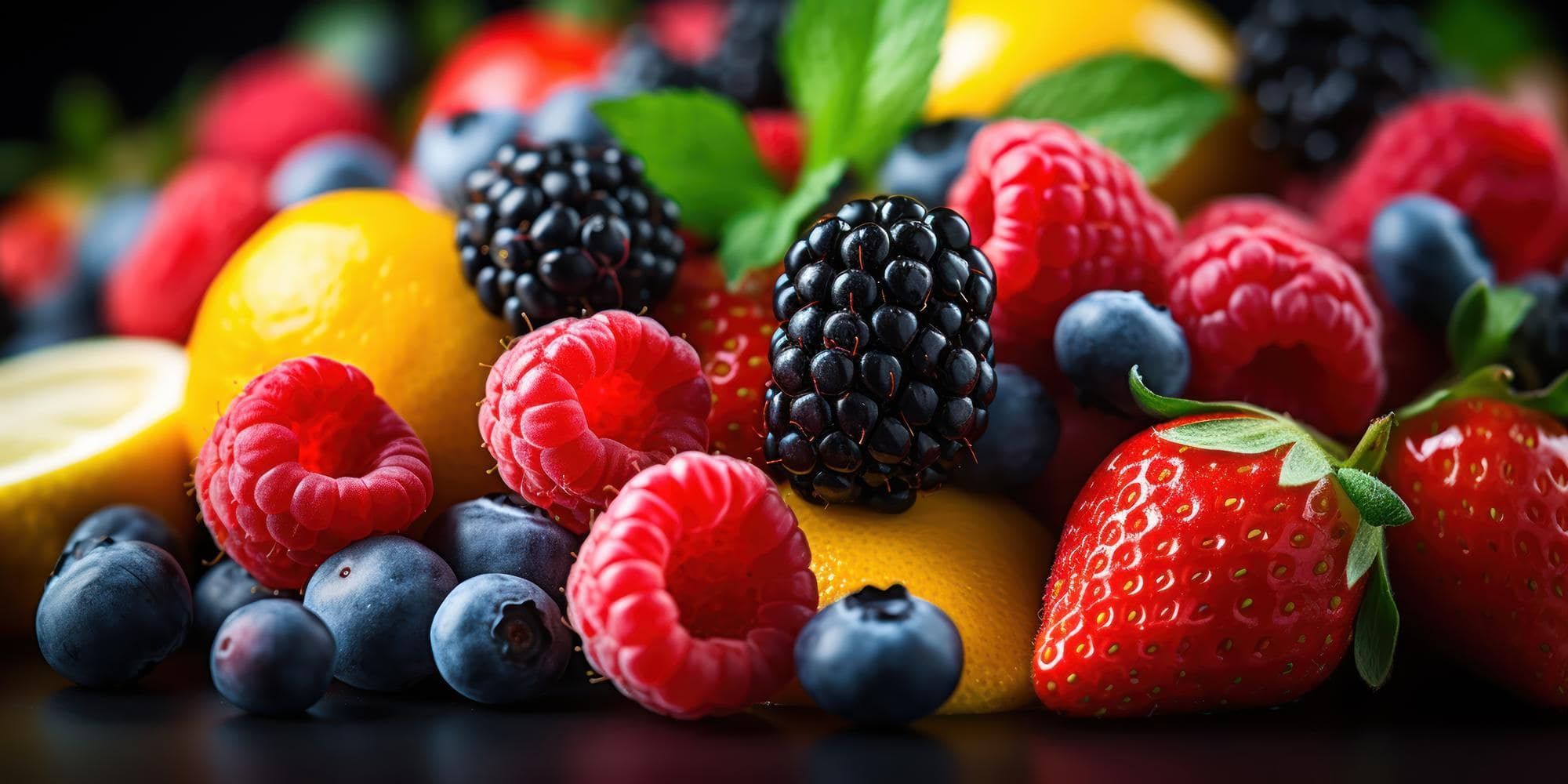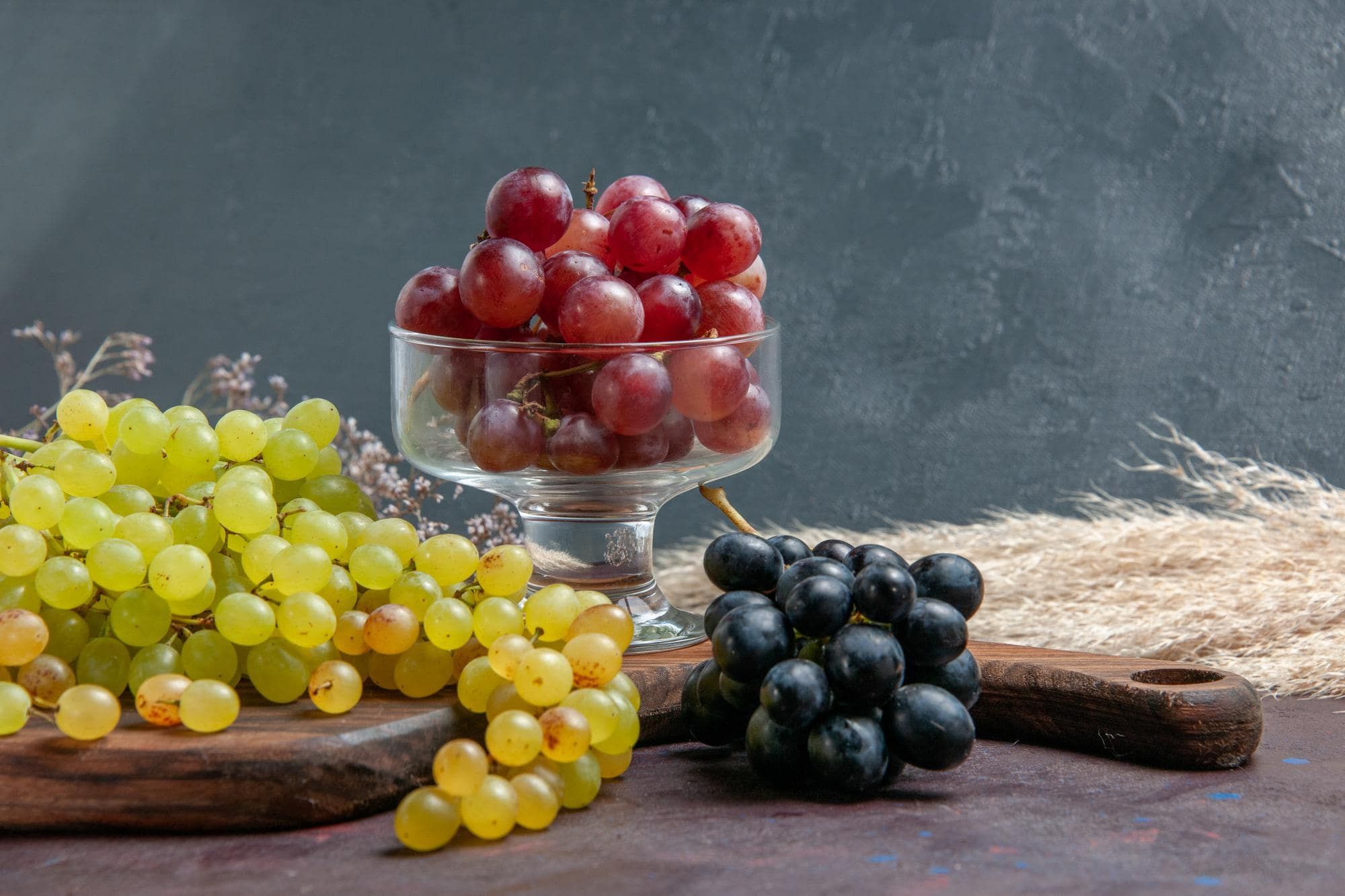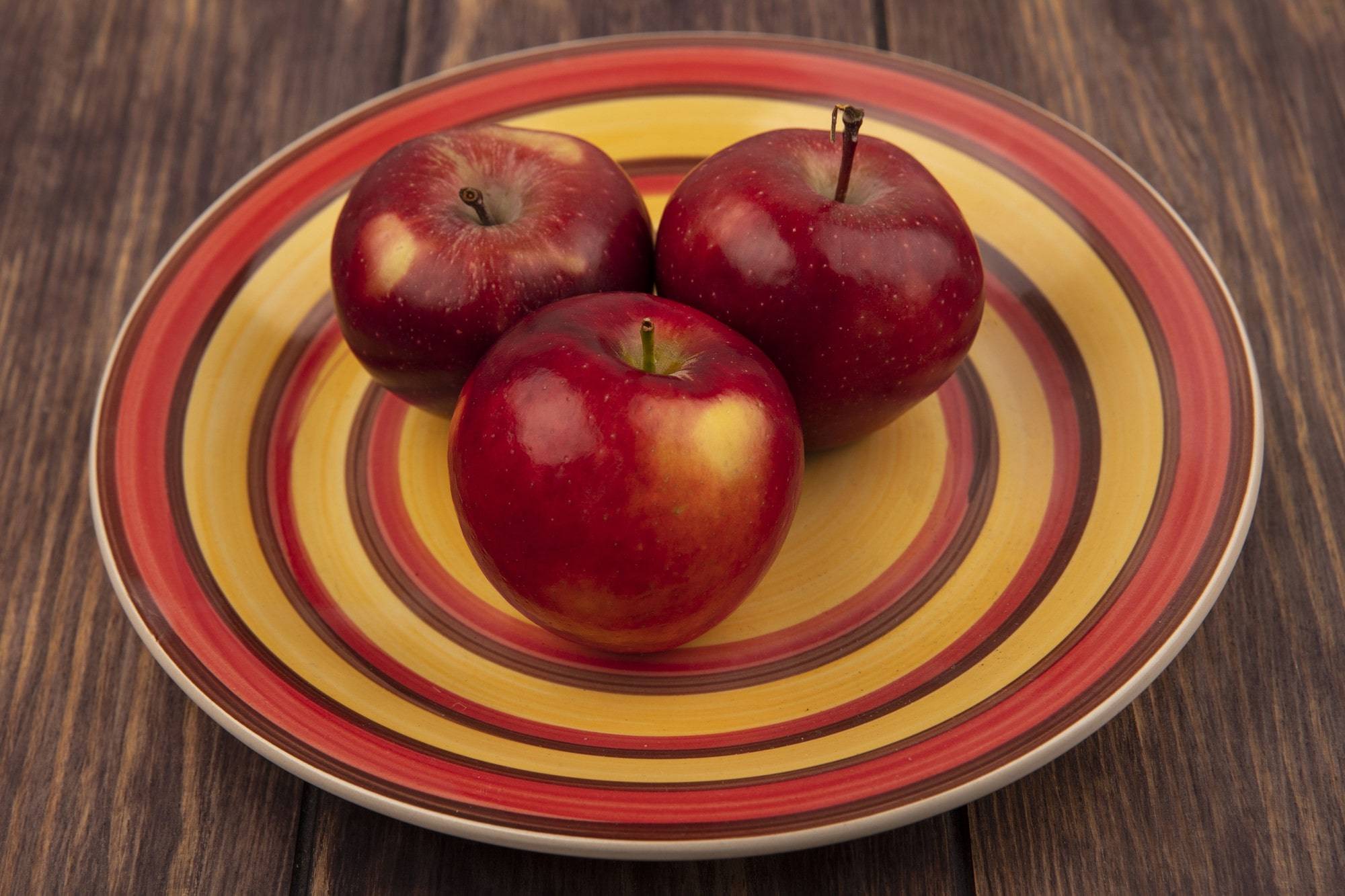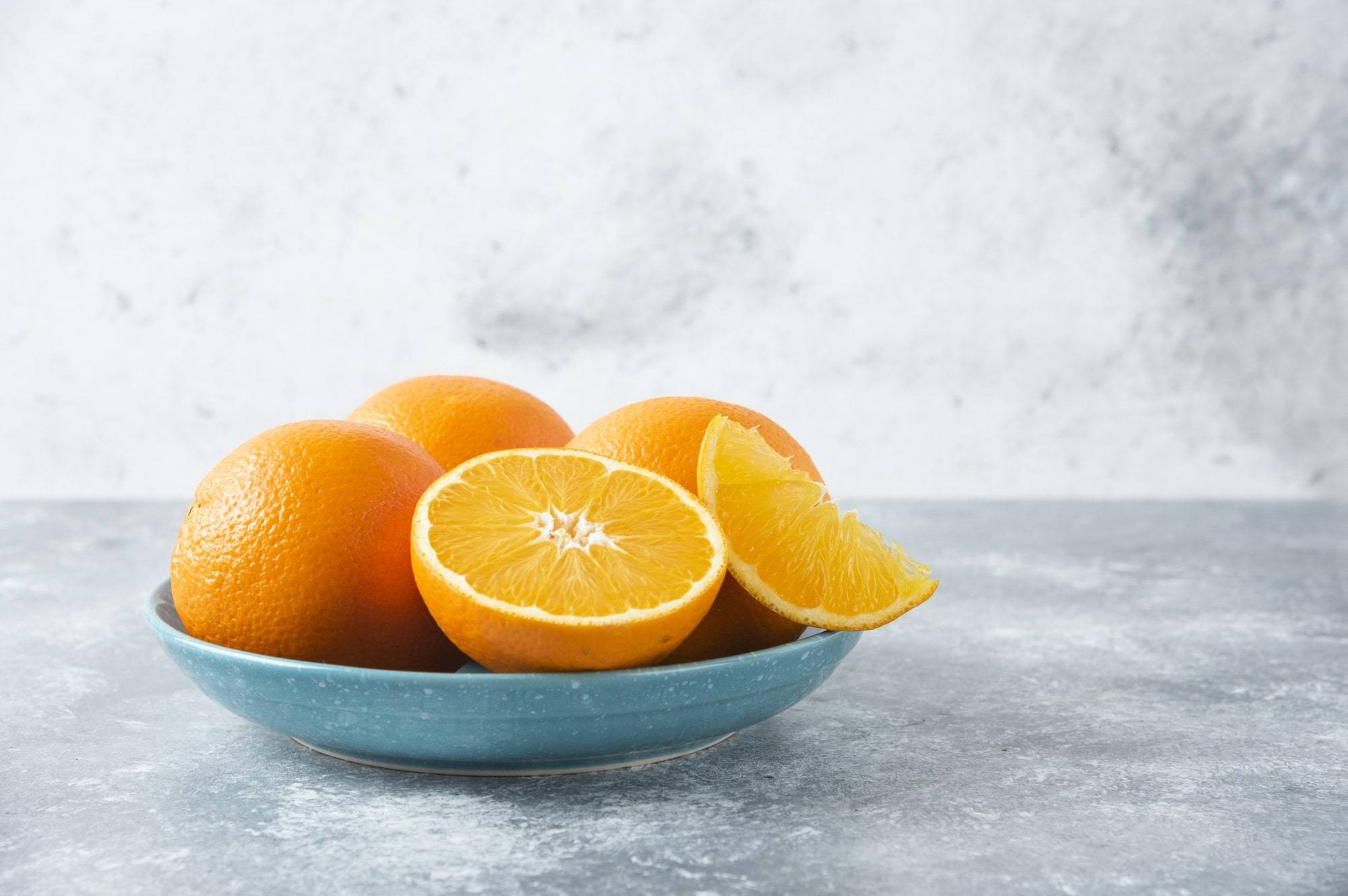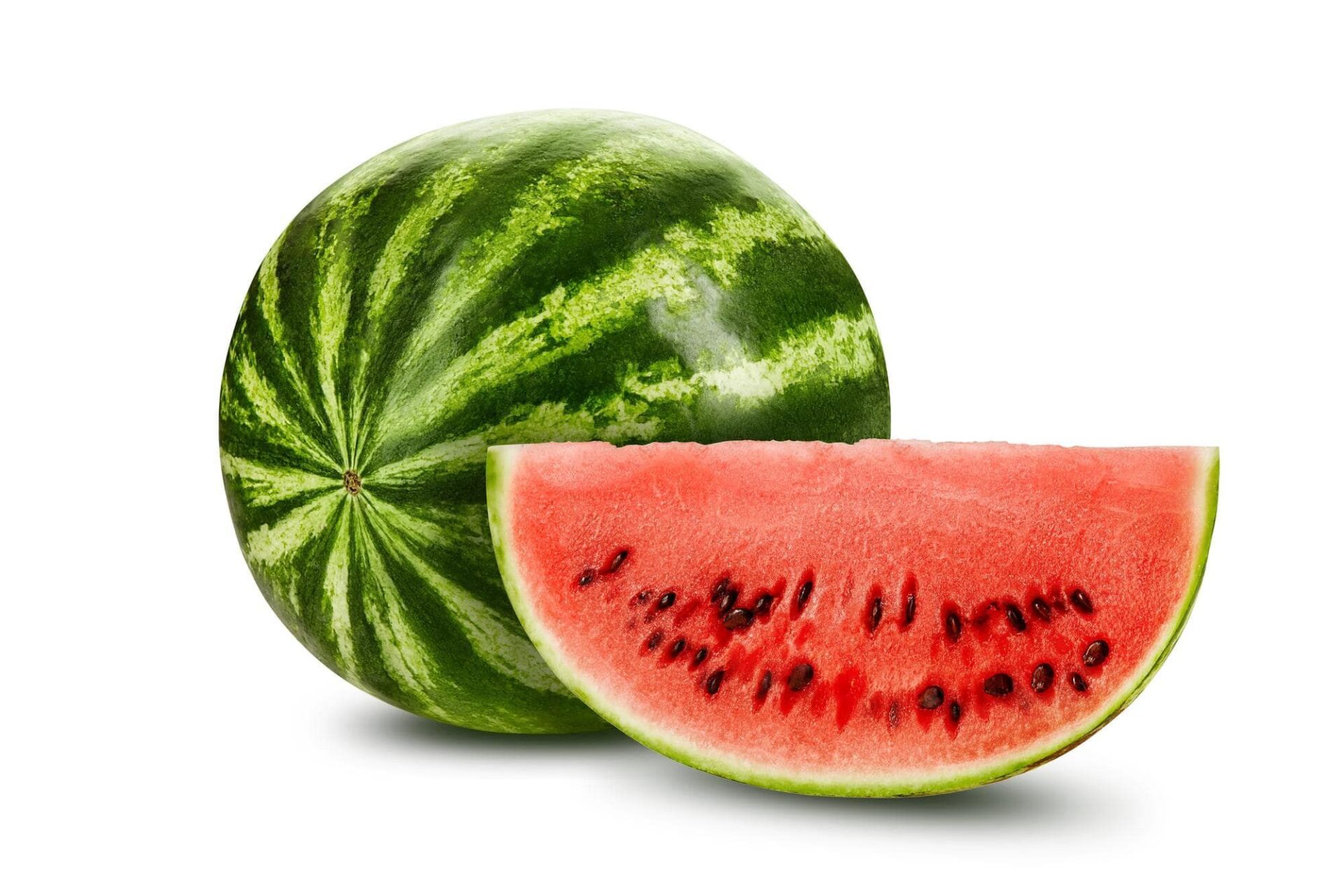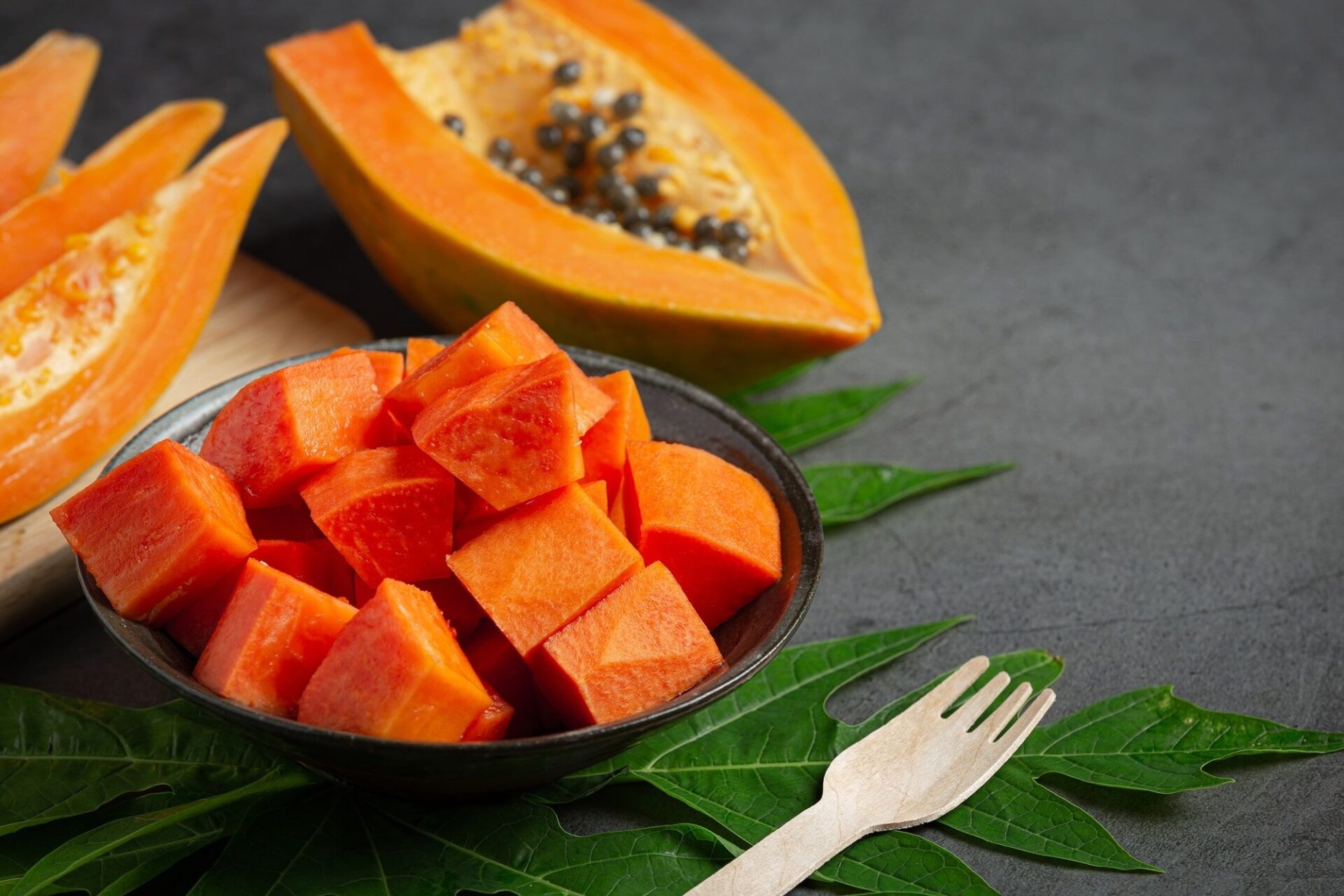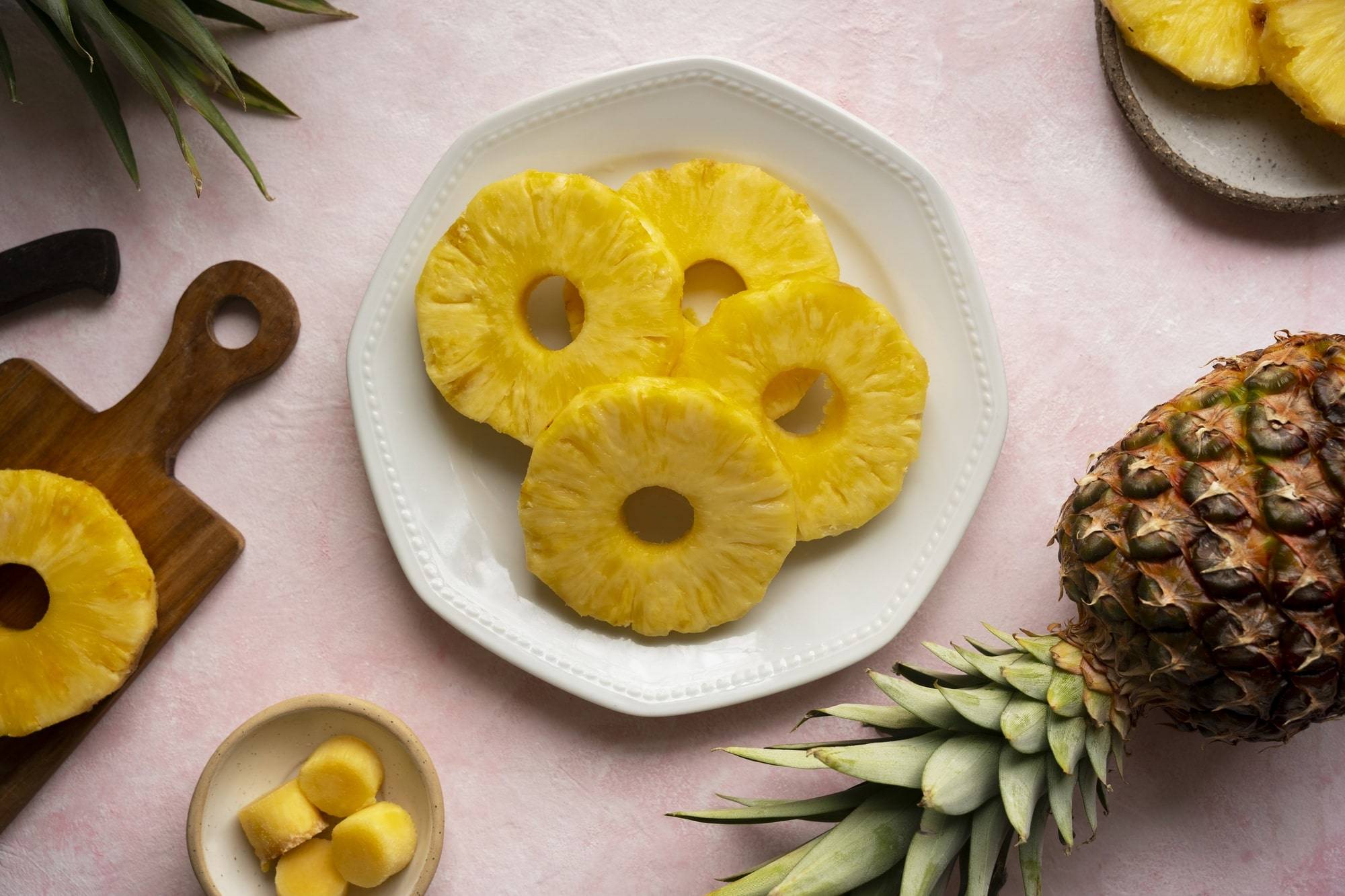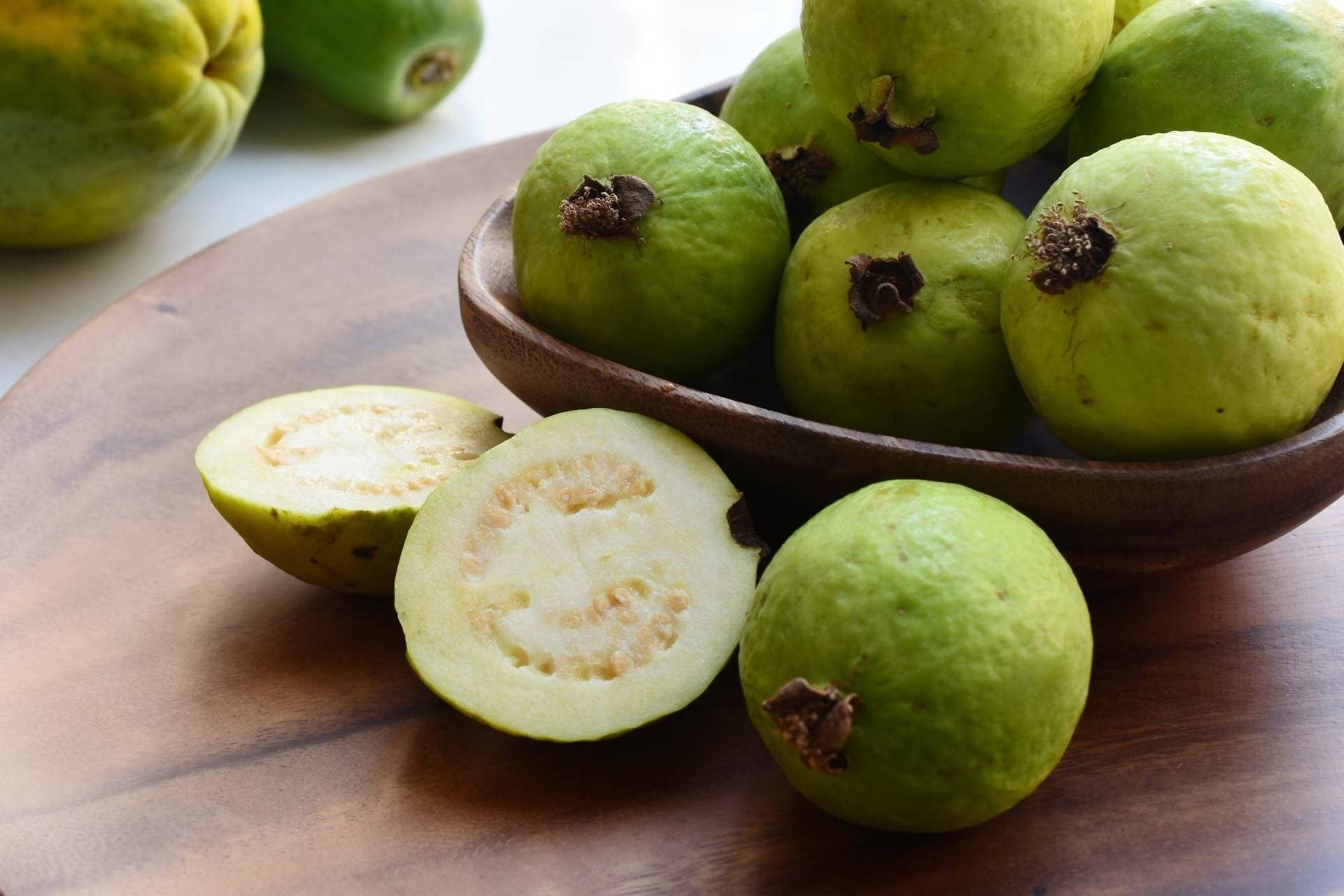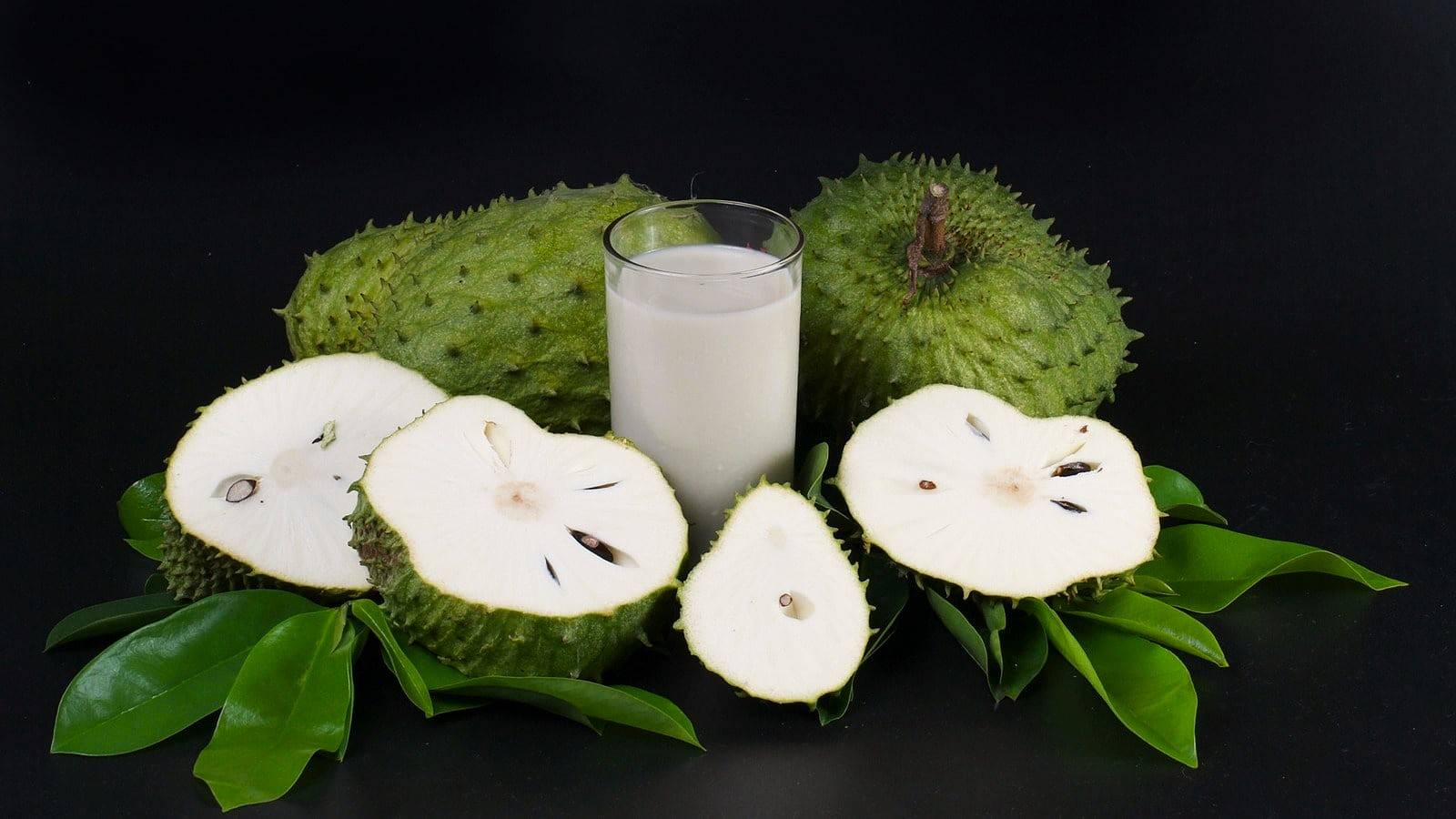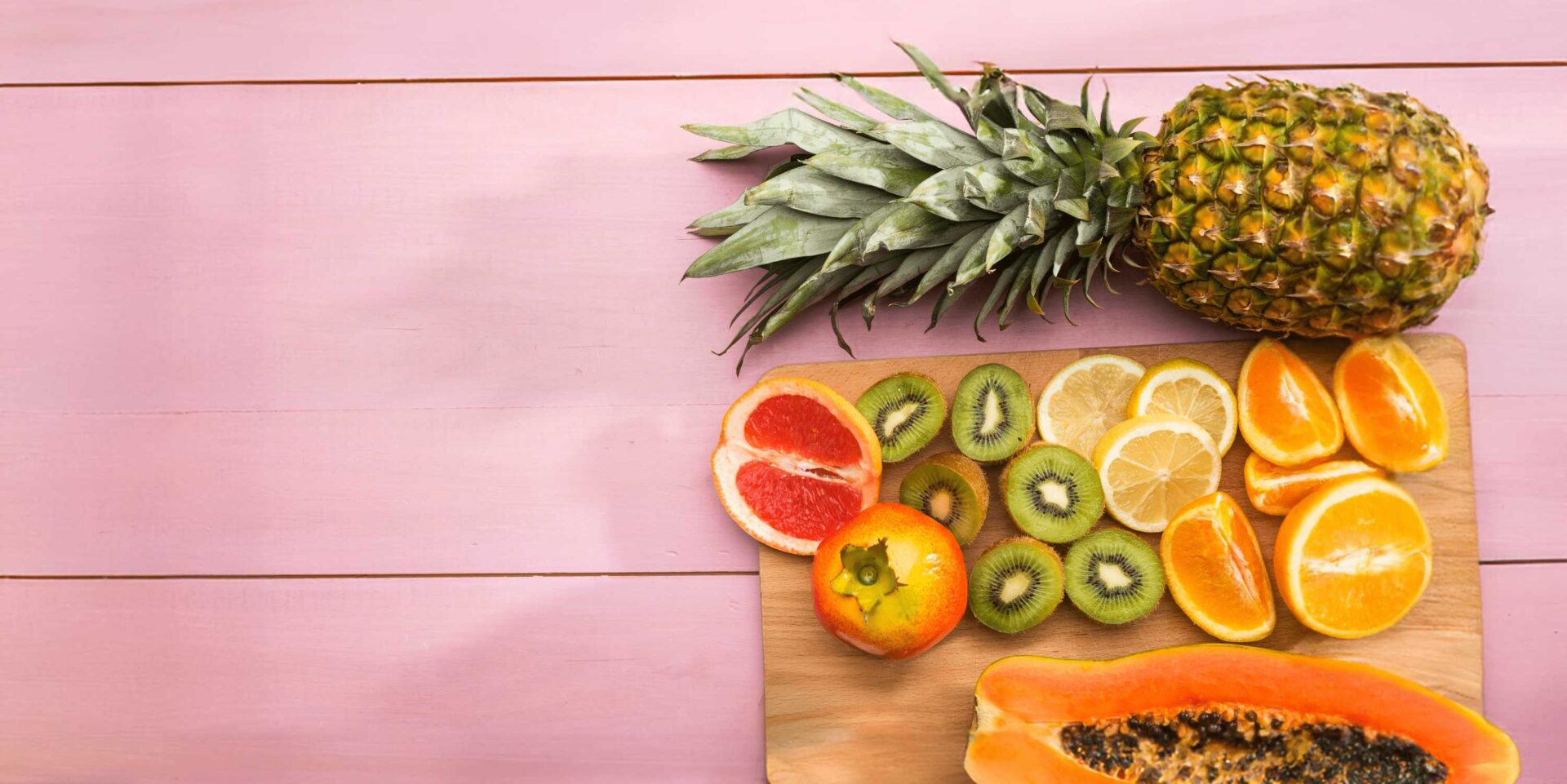
07 Aug Fruits With Low Calories: Satisfy Your Sweet Tooth Without Guilt
Fruits With Low Calories: Satisfy Your Sweet Tooth Without Guilt
By Island Hospital | August 7, 2024 12:00:00 PM
Medical Reviewer: Dietitian
Seeking to maintain a healthy diet without sacrificing flavour? Fruits with low calories can be your perfect allies!
Packed with essential vitamins, fibre, and minerals, these fruits offer a guilt-free way to satisfy your cravings. They also keep your calorie intake in check and boost your overall well-being.
Now, let’s dive into the world of delicious, nutritious, and figure-friendly fruits that every health-conscious person should know about.
What are the Fruits with Low Calories?
Generally, fruits with fewer than 70 calories per 100 grams are categorised as low-calorie fruits [1].
This section will explore 10 such fruits—5 imported and 5 local varieties in Malaysia. We’ll examine their calorie content, discuss their unique health benefits, and provide practical tips on how to incorporate them seamlessly into your daily diet.
Imported Fruits
1. Berries

Photo by Freepik
Berries, including strawberries, raspberries, blackberries, and blueberries, are excellent low-calorie fruit options.
Here are their calorie values per 100g [1]:
- Strawberries: 32 calories
- Raspberries: 53 calories
- Blackberries: 43 calories
- Blueberries: 60 calories
Beyond their low-calorie content, these fruits offer a wealth of health benefits, too.
Berries are rich in antioxidants, particularly anthocyanins, which possess anti-inflammatory properties. Studies have also shown that berries can help prevent diabetes and positively impact cardiovascular health and visual and neurological function [2].
Remarkably, these fruits may even help prevent certain cancers, including skin, bladder, lung, breast, and oesophageal cancers!
It is important to note that berries are also excellent sources of essential vitamins (vitamins A, B, C, and E) and minerals (calcium, magnesium, iron, manganese, zinc, and copper), which further increase their nutritional and therapeutic value [3].
Given these impressive health benefits, incorporating berries into your everyday diet can significantly improve your overall well-being. Here are some simple ways to make berries a regular part of your diet:
- Snack on fresh or frozen berries.
- Use pureed berries as a spread on whole-grain toast.
- Add them to breakfast cereal or oatmeal.
- Mix them into yoghurt or cottage cheese.
- Blend them into smoothies.
Have diabetes and unsure which fruits are safe for you?
Dive into our article on diet for diabetes patients and find ways to enjoy fruits while managing your condition effectively.
2. Grapes

Photo by Freepik
With just 67 calories per 100 g, these juicy fruits are packed with health-boosting compounds called phytochemicals, including phenolic acids and anthocyanins [1]. These chemicals help strengthen your immune system and reduce inflammation [4].
However, it’s worth noting that the phytochemical composition varies greatly among different grape varieties. Therefore, consuming a variety of grapes can provide you with a broader range of beneficial compounds and health benefits.
On the other hand, research shows that grapes possess strong antioxidant power. Hence, eating grapes regularly can improve blood vessel health, lower blood pressure and cholesterol, and even reduce the risk of chronic diseases like cancer [4, 5].
Nutritionally, grapes are a great source of copper, vitamin K, and B vitamins such as thiamine, riboflavin, and B6. Copper aids in energy production, vitamin K is crucial for blood clotting and bone strength, while B vitamins are essential for various bodily functions.
To make these fruits a staple in your dietary routine, you can:
- Enjoy them as a simple snack.
- Freeze them for a cool treat.
- Add them to cheese boards or use them in salads.
3. Apples

Photo by Freepik
The adage “an apple a day keeps the doctor away” has some truth. With just 52 calories per 100 g, these crisp, juicy fruits are not only delicious but also pack a healthy punch.
Apples are excellent sources of essential vitamins (particularly vitamins B, C, E) and minerals (potassium, calcium, magnesium, nitrogen, zinc, iron, copper, and manganese).
These fruits also contain various types of antioxidants, including polyphenols, quercetin, catechin, and chlorogenic acid. These compounds have strong antioxidant activity, potentially lowering cholesterol levels and inhibiting cancer cell growth [6, 7].
Remarkably, regular apple consumption has also been linked to a lower risk of asthma, diabetes, cardiovascular disease, and certain cancers, such as breast and colorectal cancer [7].
Here are some easy ways to incorporate apples into your everyday meals:
- Enjoy a fresh apple as a quick, portable snack.
- Slice apples and add them to your morning oatmeal, cereal, sandwiches or wraps.
- Include diced apples in your salads for a sweet crunch.
- Add grated apple to your pancake or muffin batter for extra moisture and nutrition.
4. Oranges

Photo by Freepik
Oranges are another nutritious fruit with low calories, containing just 47 calories per 100 g [1].
Famous for their high vitamin C content, consuming oranges regularly can boost your immune system. Oranges also provide vitamins A and B, which are vital for maintaining healthy vision, skin, and overall body function [8].
Additionally, the antioxidants in oranges, including carotenoids and flavonoids, may help prevent cancer and decrease the risk of chronic diseases such as obesity, arthritis, and heart problems [8].
Notably, these citrus fruits are rich in pectin and synephrine, too.
Pectin may improve your cholesterol, blood sugar, and blood fat levels, while synephrine increases fat breakdown and mildly suppresses your appetite, all of which may contribute to reduced weight [8].
Now that you’ve learnt the health benefits of oranges. To add more oranges to your daily diet, try these simple ideas:
- Enjoy a fresh orange as a snack.
- Add orange segments to your salads.
- Blend oranges into smoothies.
- Use orange zest in baking or cooking.
- Make fresh-squeezed orange juice.
- Top your yoghurt or oatmeal with orange slices.
Did you know that orange and yellow fruits and vegetables have colon cancer-fighting properties?
Learn more about diets which can reduce your risk of colon cancer in our article!
5. Grapefruits

Photo by Freepik
With only 42 calories per 100 g, grapefruits are also a great choice for those watching their calorie intake [1]. In addition to their low-calorie value, these citrus fruits are packed with essential nutrients, too.
Grapefruits are an excellent source of vitamin C. This vitamin is crucial for boosting the immune system, supporting skin health and acting as a powerful antioxidant.
In addition, the pink and red varieties of these citrus fruits are laden with beta carotene and lycopene, which have been linked to lower stroke risk and have been shown to protect against heart diseases and certain cancers, including prostate cancer and pancreatic cancer.
Remarkably, some studies suggest that grapefruit may also aid in weight loss and reduce cholesterol levels [9].
To make grapefruits a regular part of your diet, try these easy ideas:
- Enjoy half a grapefruit for breakfast
- Add grapefruit segments to your salads
- Use grapefruit juice in marinades or dressings
- Blend grapefruit into smoothies
- Add slices of grapefruits to your water for a naturally flavoured and refreshing drink.
Looking to reduce sugar without sacrificing flavour?
Don’t miss our article, which offers valuable insights on how to enjoy delicious meals while reducing sugar.
Local Fruits
After exploring a variety of low-calorie imported fruits, let’s shift our focus to local options now.
In Malaysia, you’ll find an array of delicious tropical fruits that are both low in calories and full of flavour. These local fruits offer great alternatives and can be a fantastic addition to your diet.
6. Watermelons

Photo by Freepik
Watermelons are refreshing, juicy fruits perfect for hot summer days. With only 46 calories per 100 g, they’re an excellent low-calorie option [1].
Besides being low in calories, these juicy fruits are packed with beneficial nutrients and compounds. They’re rich in lycopene, a powerful antioxidant that gives watermelon its red colour and may help protect against certain types of cancer and heart diseases [10].
Watermelons also contain polyphenols, compounds with anti-inflammatory and antioxidant properties. These may help reduce the risk of chronic diseases like diabetes and hypertension by fighting harmful free radicals in your body [10].
Additionally, watermelons are rich in vitamin C and beta-carotene. The former helps boost the immune system and promotes skin health, while the latter is converted by the body to vitamin A for good eye health [10].
Given the refreshing nature and health benefits of watermelons, including them in your diet can be a delightful way to stay hydrated and healthy.
Here are some ways to include watermelons in your daily dietary routine:
- Enjoy fresh watermelon slices as a snack.
- Add cubed watermelon to fruit salads.
- Blend watermelon into smoothies or make fresh juice.
- Make watermelon popsicles for a cool treat.
- Use watermelon in salsa for a fresh twist on tacos or grilled meats.
7. Papayas

Photo by Freepik
Papayas are another nutritious tropical fruit with an impressively low-calorie count of just 32 calories per 100 g [1].
These fruits are a good source of vitamins A and C. They are also rich in antioxidants like lycopene, lutein, zeaxanthin, and beta-carotene, which may help protect against certain cancers (e.g. liver and prostate cancer) and age-related eye diseases [11].
Remarkably, the low saturated fat and cholesterol content of papayas, combined with their high fibre content, makes them heart-healthy. Thus, they may help lower cholesterol levels and reduce the risk of heart disease [11].
Now that you’ve learnt the health benefits of papayas. Check out the methods below to incorporate this tropical fruit into your daily meals:
- Enjoy fresh papaya with a squeeze of lime.
- Add to fruit salads for tropical flavour.
- Blend into smoothies for a creamy texture.
- Use papaya as a natural meat tenderiser.
- Try green papaya in Thai-inspired salads.
Rich in vitamin C, papayas can help reduce uric acid levels in the blood, lowering the risk of gout.
Want to learn more about how your diet can help manage gout symptoms? Read our article on the gout treatment diet for expert insights and practical tips.
8. Pineapples

Photo by Freepik
Pineapples are delicious tropical fruits that have a modest 50 calories per 100 g and are packed with essential nutrients [1].
Aside from being an excellent source of vitamin C, pineapples also contain significant amounts of manganese, a mineral crucial for bone health and connective tissue formation [12].
The fruit also contains other beneficial nutrients like vitamins B1, B6, copper, and potassium. Copper assists in iron absorption and helps regulate blood pressure and heart rate, whilst potassium is essential for heart function and muscle contraction [12].
Notably, pineapples are rich in bromelain, an enzyme mixture with anti-inflammatory properties that may aid digestion and reduce inflammation [12].
To make these fruits a staple in your dietary routine, you can:
- Enjoy fresh or frozen pineapple chunks as a snack.
- Add to fruit salads or use as a pizza topping.
- Blend into smoothies or use in homemade salsas.
- Grill pineapple slices for a caramelised treat.
- Use pineapple juice to marinate meat.
- Add pineapple chunks to yoghurt or cottage cheese.
9. Guavas

Photo by Fine Dining Lovers
Guavas are another fantastic choice for anyone looking to enjoy a nutritious, low-calorie fruit. With just 68 calories per 100 g, guavas are both tasty and diet-friendly [1].
Beyond being low in calories, guavas are packed with essential nutrients, including vitamins A, C, and E. Vitamin C helps boost the immune system and keeps the skin healthy, while vitamins A and E support eye health and help fight oxidative stress [13].
In addition to vitamins, guavas are loaded with antioxidants like lycopene and beta-carotene. These antioxidants help combat free radicals in your body, reducing inflammation and lowering the risk of chronic diseases [13].
To include guavas in your daily diet, consider these options:
- Enjoy guavas raw by slicing them up for a refreshing snack.
- Infuse water with guava slices for flavour.
- Blend guavas into juices or smoothies.
- Add chopped guavas to your salads for a sweet and tangy twist.
- Incorporate guavas into desserts like yoghurt parfaits or fruit tarts.
- Try guava with a sprinkle of chilli powder for a sweet and spicy snack.
Adopting a nutritious diet rich in vegetables and fruits can significantly reduce your risk of developing heart disease.
Want to know more about heart-healthy eating? Check out our article on ways to prevent heart disease!
10. Soursops

Photo by Food Republic
Now, let’s conclude our list of fruits with low calories with soursop. While relatively low in calories (66 calories per 100 grams), this fruit packs a nutritional punch [1].
Soursop is particularly rich in vitamin C. Did you know that merely a 100g serving of soursop can provide over 200% of your daily recommended vitamin C intake?
This fruit also contains significant amounts of minerals like copper and potassium, which are essential for various bodily functions. Additionally, it offers small amounts of niacin, riboflavin, folate, and iron, contributing to its overall nutritional value [14].
Notably, research suggests that soursop may help manage various health conditions, including diabetes, high blood pressure, and high cholesterol [14]. Some studies even indicate potential anti-cancer properties, though more research is needed [15].
To make these fruits a staple in your dietary routine, consider these options:
- Enjoy fresh soursop as a snack or dessert
- Blend it into smoothies
- Use it to make refreshing juices or teas
- Incorporate it into fruit salads for added flavour and nutrition
- Add it to homemade ice cream or sorbet for a tropical twist
Are Low-Calorie Fruits Good for Losing Weight?
Low-calorie fruits, true to their name, contain fewer calories per gram than many other foods. This characteristic allows you to eat a satisfying volume of these fruits without consuming excessive calories.
Moreover, many low-calorie fruits are rich in fibre, a crucial nutrient that promotes satiety. By curbing your appetite and preventing you from overeating, this helps to reduce your overall calorie intake.
Given these benefits, incorporating fruits with low calories into your diet can be a smart weight-loss strategy.
However, relying solely on low-calorie fruits for weight loss is not advisable, as no single food or food group can guarantee weight loss alone.
These fruits should be incorporated into a balanced diet that includes a variety of nutrient-dense foods to prevent potential nutritional deficiencies and also to ensure a more sustainable path to long-term weight loss.
Additionally, it’s important to remember that all fruits, including low-calorie ones, contain fructose and carbohydrates.
Fructose, a natural sugar, can affect your blood sugar levels if consumed in large quantities, while the carbohydrates in fruits contribute to extra calorie intake, potentially leading to weight gain if overeaten.
Apart from low-calorie fruits, to obtain different types of phytochemical, antioxidants, vitamins and minerals from different types of fruits, it is advisable to consume variety of fruits daily but in moderation (2 servings per day) as part of a healthy diet [16].
If you’re unsure how to plan your meals effectively, consider consulting a professional dietitian or nutritionist for personalised guidance on your weight loss journey.
These professionals can create a tailored eating plan that meets your individual needs, ensuring you’re getting adequate nutrition while working towards your weight management objectives safely and sustainably.
Empower Your Health Journey with Low-Calorie Fruits and Health Screenings
In conclusion, incorporating these low-calorie fruits into your diet can be a delicious and nutritious way to support your health and weight management goals.
While making smart food choices is crucial, monitoring your overall health regularly is equally important.
At Island Hospital, we offer comprehensive health screening packages tailored to various health needs. These screenings can help detect potential health issues early, ensuring you stay well while enjoying the benefits of a fruit-rich, low-calorie diet.
Take charge of your health today by scheduling an appointment with us or contacting us to learn more about our Health Screening packages!
Take Charge of Your Health Today!

Introducing our Executive Health Screening Package for just RM760.
This comprehensive health check includes a physical examination, complete medical report, consultation with a health screening physician or specialist, light refreshments, and an exclusive Island Hospital woven bag.
Prevention is always better than cure, so take charge of your well-being by booking our Executive Health Screening Package today!
FAQ
Which fruit has the lowest calories?
Watermelon is one of the lowest-calorie fruits, with only about 42 calories per 100 grams. It’s mostly water, making it very refreshing and hydrating.
Other low-calorie options include berries, grapes, apples, oranges, grapefruits, papayas, pineapples, guavas, and soursops.
What fruit is best for weight loss?
While no single fruit can be deemed the “best” for weight loss, fruits with low calories are excellent choices.
Some of these include:
What is the most fattening fruit?
Fruits are generally not considered “fattening,” but some are higher in calories than others.
Avocados, while highly nutritious, are higher in calories due to their healthy fat content. Dried fruits like raisins or dates are also calorie-dense because their sugar is concentrated.
Who needs a low-calorie diet?
A low-calorie diet might be recommended for individuals trying to lose weight, those managing certain health conditions like diabetes or heart disease, or people preparing for specific medical procedures.
However, it’s crucial to speak with a healthcare professional before starting any restrictive diet.
If you’re interested in a Malaysian-styled low-calorie diet, check out our article on the Malaysian Healthy Plate.
What happens if calorie intake is low?
Extremely low-calorie intake can lead to various health issues, including fatigue, nutrient deficiencies, weakened immune system, hair loss, and muscle loss. It can also slow down metabolism, making weight loss more difficult in the long run.
Always remember that sustainable weight loss involves moderate calorie reduction, not extreme restriction.
If you need professional guidance on your calorie intake, please seek advice from a nutritionist or dietitian.
What are the pros and cons of a low-calorie diet?
Pros:
- Can lead to weight loss.
- May improve certain health markers like blood pressure and cholesterol.
- Can encourage more mindful eating habits.
Cons:
- May be difficult to sustain long-term.
- Can lead to nutrient deficiencies if not properly planned.
- Might cause fatigue or irritability.
- Could slow down metabolism if too restrictive.
- May lead to disordered eating patterns in some individuals.
Always consult with a registered dietitian before starting any new diet plan to ensure safety and appropriateness for your needs.
References
[1] U.S. Department of Agriculture, Agricultural Research Service. (n.d.). FoodData central. Retrieved July 15, 2024, from https://fdc.nal.usda.gov/index.html
[2] Khoo, H. E., Azlan, A., Tang, S. T., & Lim, S. M. (2017). Anthocyanidins and anthocyanins: Colored pigments as food, pharmaceutical ingredients, and the potential health benefits. Food & Nutrition Research, 61(1). https://doi.org/10.1080/16546628.2017.1361779
[3] Gogoaşă, I., Maria, A. L., Despina, B., Maria, R., Ariana, V., Sofia, P., … & Gergen, I. (2014). Preliminary research regarding the use of some berries (blueberries, blackberries and raspberries) as supplementary sources of bio minerals. Journal of Horticulture, Forestry and Biotechnology, 18(4), 108-112. Retrieved from www.journal-hfb.usab-tm.ro
[4] Dohadwala, M. M., & Vita, J. A. (2009). Grapes and cardiovascular disease. The Journal of Nutrition, 139(9), 1788-1793. https://doi.org/10.3945/jn.109.107474
[5] Yang, J., & Xiao, Y. Y. (2013). Grape phytochemicals and associated health benefits. Critical Reviews in Food Science and Nutrition, 53(11), 1202–1225. https://doi.org/10.1080/10408398.2012.692408
[6] Koutsos, A., Riccadonna, S., Ulaszewska, M. M., Franceschi, P., Trošt, K., Galvin, A., … & Lovegrove, J. A. (2020). Two apples a day lower serum cholesterol and improve cardiometabolic biomarkers in mildly hypercholesterolemic adults: A randomized, controlled, crossover trial. The American Journal of Clinical Nutrition, 111(2), 307-318. https://doi.org/10.1093/ajcn/nqz282
[7] Boyer, J., & Liu, R. H. (2004). Apple phytochemicals and their health benefits. Nutrition Journal, 3, 1-15. https://doi.org/10.1186/1475-2891-3-5
[8] Etebu, E., & Nwauzoma, A. B. (2014). A review on sweet orange (Citrus sinensis L Osbeck): Health, diseases and management. American Journal of Research Communication, 2(2), 33-70. Retrieved from http://www.usa-journals.com/
[9] Dow, C. A., Going, S. B., Chow, H. S., Patil, B. S., & Thomson, C. A. (2012). The effects of daily consumption of grapefruit on body weight, lipids, and blood pressure in healthy, overweight adults. Metabolism, 61(7), 1026-1035. https://doi.org/10.1016/j.metabol.2011.12.004
[10] Maoto, M. M., Beswa, D., & Jideani, A. I. O. (2019). Watermelon as a potential fruit snack. International Journal of Food Properties, 22(1), 355–370. https://doi.org/10.1080/10942912.2019.1584212
[11] Pinnamaneni, R. (2017). Nutritional and medicinal value of papaya (Carica papaya Linn.). World Journal of Pharmacy and Pharmaceutical Sciences, 6(8), 2559-2578. doi:10.20959/wjpps20178-9947
[12] Hossain, M. F., Akhtar, S., & Anwar, M. (2015). Nutritional value and medicinal benefits of pineapple. International Journal of Nutrition and Food Sciences, 4(1), 84-88. doi:10.11648/j.ijnfs.20150401.22
[13] Chen, H. C., Sheu, M. J., Lin, L. Y., & Wu, C. M. (2007). Nutritional composition and volatile compounds in guava. Fresh Procedure, 1(2), 132-139. Retrieved from http://www.globalsciencebooks.info/
[14] Afzaal, M., Saeed, F., Asghar, A., Shah, Y. A., Ikram, A., Ateeq, H., Hussain, M., Ofoedu, C. E., & Chacha, J. S. (2021). Nutritional and therapeutic potential of soursop. Journal of Food Quality, 2022. https://doi.org/10.1155/2022/8828358
[15] Nugraha, A. S., Damayanti, Y. D., Wangchuk, P., & Keller, P. A. (2018). Anti-infective and anti-cancer properties of the Annona species: Their ethnomedicinal uses, alkaloid diversity, and pharmacological Activities. Molecules, 24(23), 4419. https://doi.org/10.3390/molecules24234419
[16] Ministry of Health Malaysia. (2021). Malaysian Dietary Guidelines 2020. https://hq.moh.gov.my/nutrition/wp-content/uploads/2024/02/01.Buku-MDG-2020_26Feb2024.pdf




